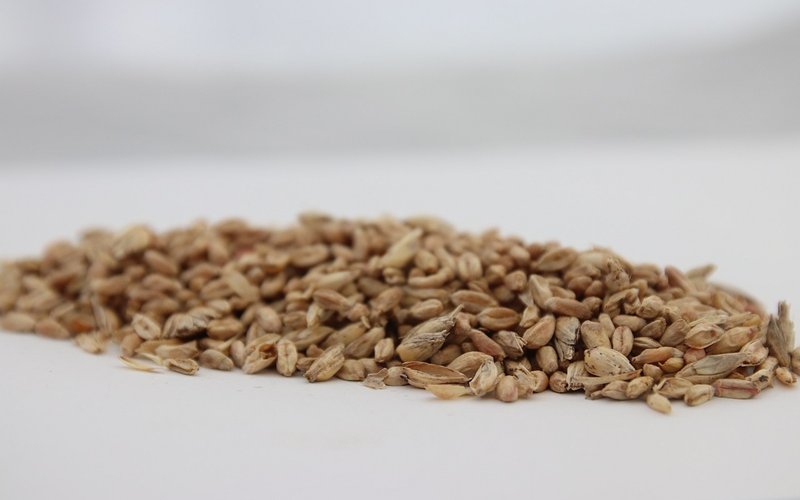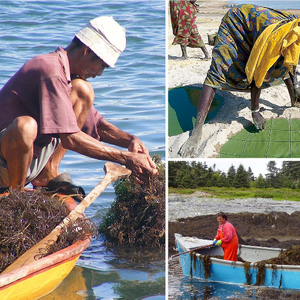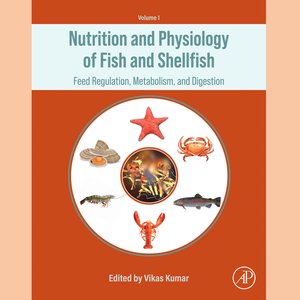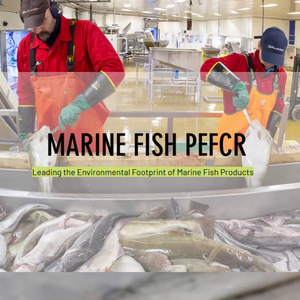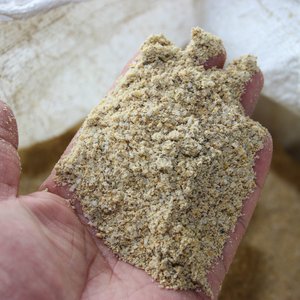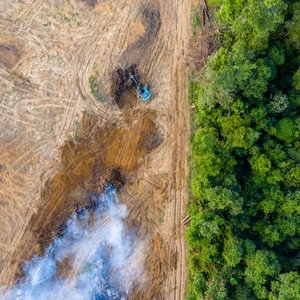After supply chain disruptions and raw material unavailability, weather-related challenges in Europe will most likely affect this year’s crop quantity and quality, reported EW Nutrition. Cold temperatures, heatwaves, tornados and hailstorms are expected to adversely affect the quality and quantity of the harvest.
The moisture brought by the rainfalls is generally expected to affect the quality of the crops. The torrential rains in France and Germany have darkened Central and Western farmers’ prospects. While the quantity may be there, the quality of wheat and corn is under question. Sprouting grains, diseased crops and fungi may dampen the optimism brought by numbers alone, the company said.
Further east, droughts have posed different issues. Still, countries such as Romania and Bulgaria seem to have weathered the challenges somewhat better and are seeing YoY increases in their wheat and corn crop output, the company reported. In Great Britain, rainfall has not caused dramatic drops in crop output but has nevertheless greatly increased mycotoxin risk up to a “moderate to high” level.
Depending on the type of mycotoxin, weather challenges and storage conditions are the most common contributors to severe infestation. This year’s intemperate weather has been ideal for a large spectrum of fungi. Fungal risks can be calculated at the two critical times: at flowering and harvest and baling when there is an increased risk of storage molds and mycotoxin production.
“Preliminary analysis shows Europe’s wheat crops at potential risk of DON, as well as potentially aflatoxin and fumonisin infestation and more. Specialists continue to collect and monitor harvest results and adjust recommendations. However, we can definitely expect the presence of moderate, if not quite high levels of mycotoxin risk this year,” the company concluded.


